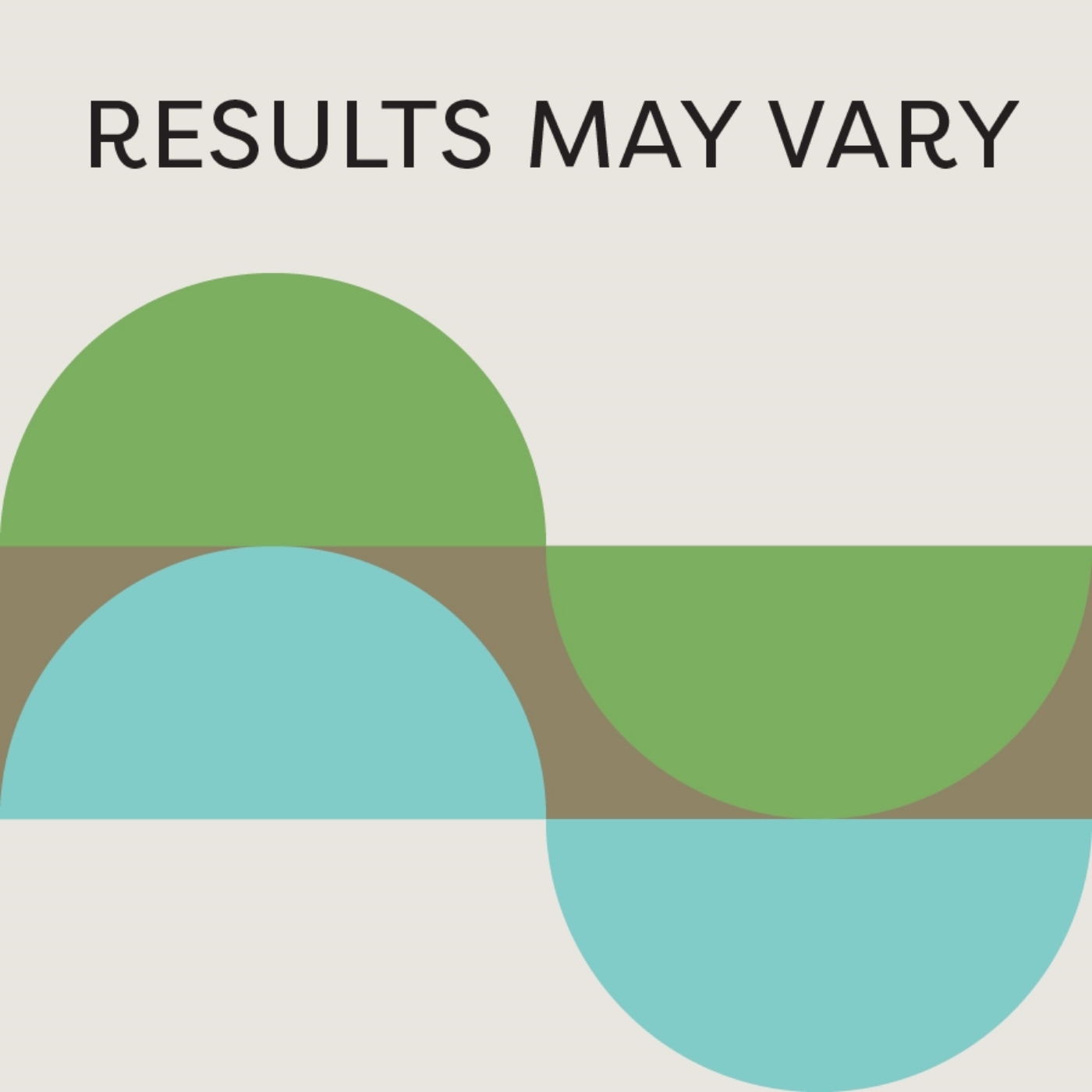RMV 19 Kristen Berman: You Can Design Your Behavior
Description
Kristen Berman spends a lot of time thinking about human behavior. As a behavioral economist, she helps people make the changes that they want in the long term, but are hard to implement in the short term. On this episode of Results May Vary, Kristen talks with Chris and Tracy about the ways our environment can alter our behavior and how incorporating small changes can yield giant results. Kristen shares strategies and tips on how to approach life from a behavior economist’s perspective in order to “hack back” our lives and design the lifestyle changes we want. In 2013, Kristen co-founded behavioral product design company Irrational Labs, with Dan Ariley. She also founded Common Cents Lab at Duke University, which aims to increase the financial well-being for low-to moderate-income people in the U.S. and abroad. Full Transcript: Tracy: This episode, we introduce you to Kristin Berman. Kristin studies how people actually act in the marketplace as opposed to how they should or will perform if we were completely rational. In 2013, she co founded a rational labs, a behavioral product design company with famed author Dan Ariely. She also co founded common sense lab, a Duke University initiative dedicated to improving the financial well being for low to middle class Americans. And on today's show she talks to results may vary about experiments and strategies she's used in their own life, and how to use behavioral economics to experiment in your own.Great, well, why don't why don't we start with a little bit about you where we're excited to talk to you today? But would you mind telling us the Kristin story and how you arrived to where you are and maybe a little of what you're what you're known for? Kristen: Yeah, the Kristin story. Um, so currently, I think about human behavior. I'm biased, of course. But I think one of the best behavioral economists out there today, Dan Ariely, who's at Duke, and we think about how to get people to do things that are hard for them, that they want to do in the long run in the long term, but that are hard in this short, so things like eating better, where you really know that you should be being healthy, and yet you have a muffin that's in front of you. And things like saving money, where you know that your retirement definitely will come. And yet, spending on on things in our world is just so easy, sometimes fun. So I think about these general problems, and do it from a way of like applying technology. So basically saying, you know, we have these problems in our world. And one way you could change behavior is to write academic papers and hope that people read that and other ways you could think about policy and the points of leverage that I start with is “How would you get a company or develop a product or service that could basically change the environment such that people then change their behavior?” The reason I started with that are and that's kind of the current hypothesis on the biggest point of leverage to change behavior is, I came from the product world. So I was a product manager at Intuit, right after school,and basically spent time, you know, doing the customer research and thinking about new features and all that stuff you do as a product manager and realize that most people were just shooting from the hipthat you as a product manager, designer, or, you know, anyone kind of in charge of coming up with the vision or the product features. You know, it's just really a lot of trial and error. It's a lot of trusting your intuition, and there was no great way to make decisions. And that was the first time I heard Dan Ariely speak and I was like, Oh my gosh, there is science behind this stuff, we can, you know, we can rely on on something in order to make decisions and we don't have to continue to rely on our intuition. Which was amazing, right? It's basically saying there the s
More Episodes
This is a very special episode featuring a panel conversation on the topic of Psychedelic Medicine and Design recorded at Stanford University
Published 06/19/23
Published 06/19/23
The pandemic has taken its toll on many people's romantic relationships. How can passion thrive as the world starts to rebuild? Katie Love is a life designer and expert on the human heart. The RMV chat to her about how to build a co-creative relationship, how to re-spark passion and when to...
Published 10/19/21


